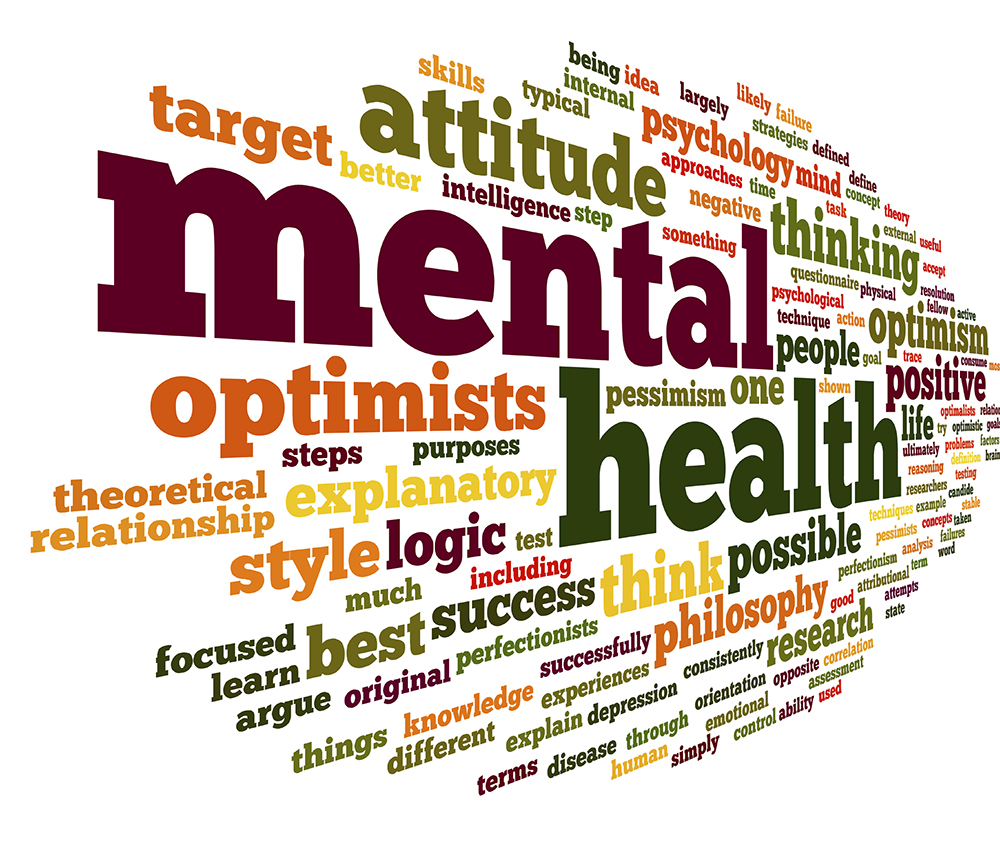In the midst of rising concern about youth violence, academic stress, and social fragmentation, one issue continues to operate beneath the surface, often hidden and unspoken: the mental health of our young people.
More and more adolescents are struggling with emotional turmoil — from anxiety and depression to trauma and identity crises. Yet far too few are seeking the support they need. Why? Because even in 2025, a pervasive and powerful stigma still clings to mental health, especially among youth. Seeking help is still too often seen as a sign of weakness, vulnerability, or even failure.
We must change this narrative.
Seeking help is not a weakness. It is an act of courage. It is strength. And as a society, we have a collective responsibility to reinforce this truth in our homes, in our schools, in our churches, in our media, and in every space where young people exist.
At Wednesday’s Caribbean Public Health Agency (CARPHA) Health Research Conference, regional experts sounded the alarm. Professor Simon Anderson, director of the Chronic Disease Research Centre at the Caribbean Institute for Health Research, emphasised that stigma is one of the biggest obstacles facing young people. This stigma, he noted, is not just about mental illness itself—it’s tied to economic status, physical appearance, geographic location, and social identity. In the words of Professor Anderson, young people themselves identified “economics, education, simple things like height, weight, size… even the way people speak to you” as sources of psychological distress and exclusion.
In other words, for many adolescents, the pressure to conform and the fear of being judged are overwhelming. Admitting to a struggle, let alone seeking professional help, can feel like inviting more shame.
This is not a uniquely Barbadian problem. It is a Caribbean problem. But it is one we are capable of solving if we are willing to confront it head-on and redefine our cultural attitudes toward mental health.
As Professor Anderson and others have found, many of these issues can be tackled by starting at the level of the individual—listening to young people’s lived experiences and co-designing support systems that are relevant, trusted, and grounded in the local context. From this foundation, meaningful and culturally appropriate solutions can grow.
CARPHA’s own behavioural specialist Dr Heather Armstrong added another urgent layer to this conversation. She highlighted the invisible trauma many children and teenagers carry, especially in communities grappling with crime and violence. “They’re traumatised,” she said, “but they may not have trusted avenues to express themselves.” Sometimes the signs are subtle — a student vomiting before school, a child suddenly withdrawn, a teen who no longer dreams about the future. These may not register as mental health red flags to the untrained eye, but they are cries for help all the same.
Dr Armstrong also warned that with crime and social dysfunction so prevalent in our media and daily life, many young people are beginning to see violence and tragedy as normal. That normalisation leads to hopelessness, and hopelessness breeds silence.
This silence must be broken. And we must be the ones to break it.
If we want our youth to reach out when they’re hurting, we need to change the story they are being told. We need to say loudly, clearly, and often, that there is no shame in seeking help. That everyone struggles. That mental health is not a binary state of being either “fine” or “broken,” but a constantly shifting continuum that we all move along at different times in our lives. That healing is possible, and support is available.
And crucially, we must model this truth ourselves. Parents must be willing to have honest conversations about stress, sadness, and resilience. Teachers must be trained to spot early warning signs and respond without judgement. Churches and community leaders must create safe spaces where young people can speak openly about their fears. And the media must showcase stories of strength and recovery, not just crisis and collapse.
At the institutional level, the launch of the Lifeline Barbados mental health hotline, which received more than 6 000 calls in its first year, is a promising start. But it also signals how great the unmet need is. We must dramatically scale up the resources available for young people: more school counsellors, more trained therapists, more partnerships between government and grassroots organisations, more use of digital platforms and peer-led outreach.
Dr Armstrong suggested embedding support in everyday spaces — online, at home, in schools, in faith-based groups and social clubs. That’s where young people live their lives. That’s where help must meet them.
Above all, let us remind our youth and ourselves that vulnerability is not weakness. Speaking up is not shameful. Asking for help is not defeat. In fact, it may be the bravest thing a person can do.
Let this be the new standard. A culture where seeking help is honoured, where mental health is protected as fiercely as physical health, and where no young person has to suffer in silence.
It is not enough to say we care about the next generation. We must prove it by listening, by acting, and by showing them that there is strength in reaching out—and that when they do, we will be there.





